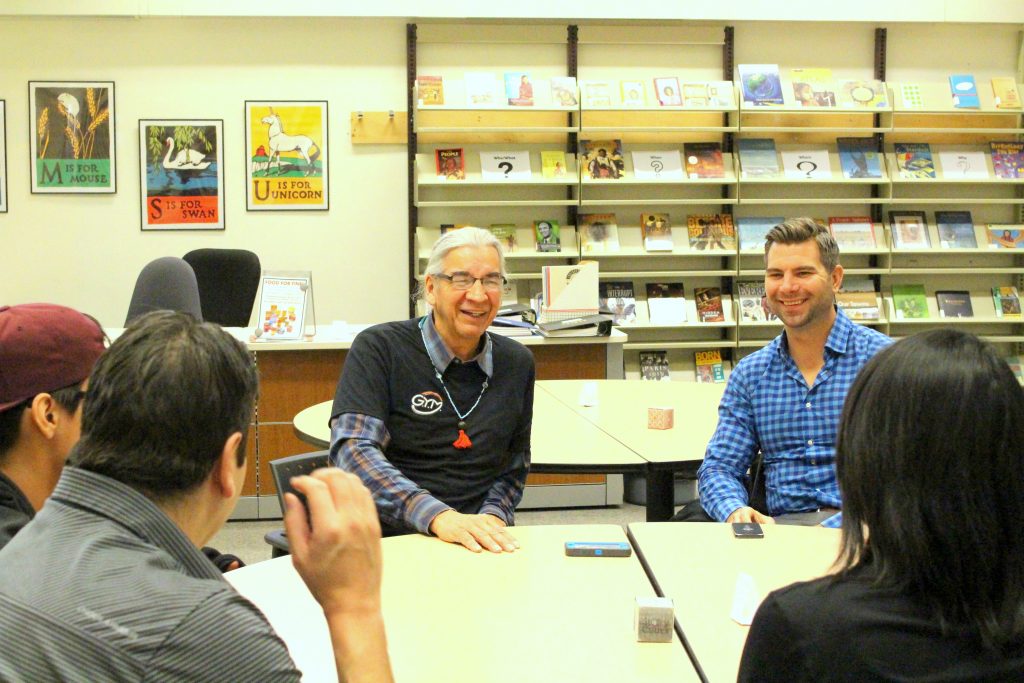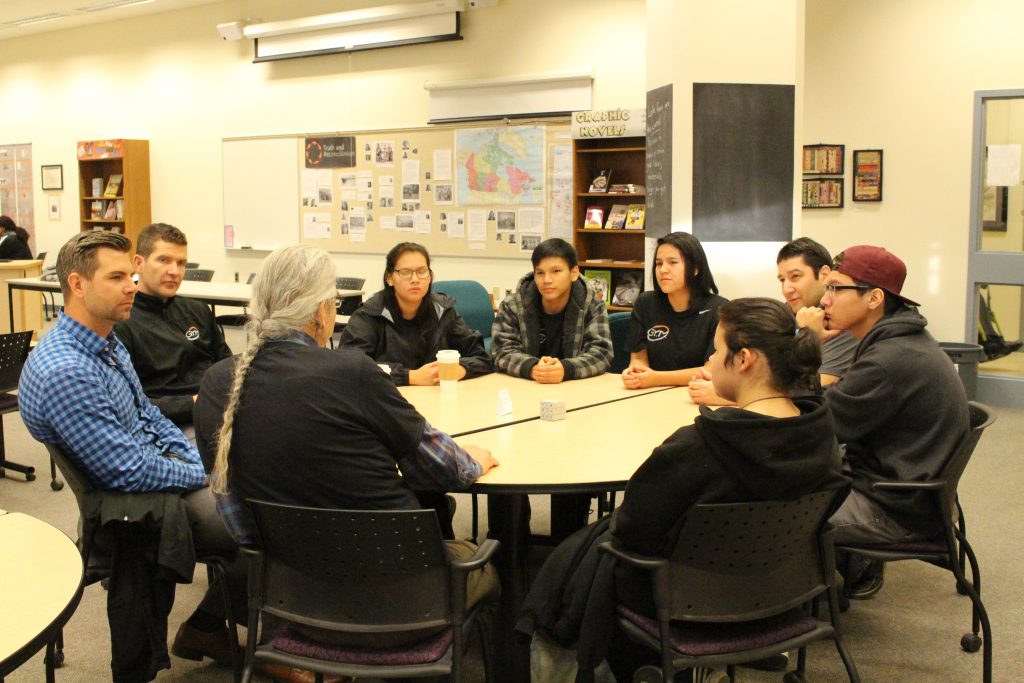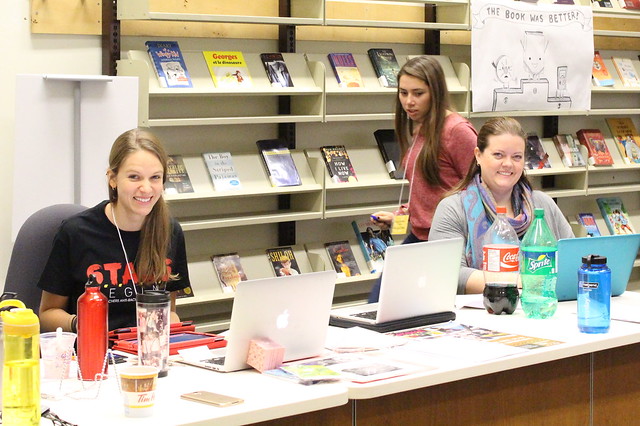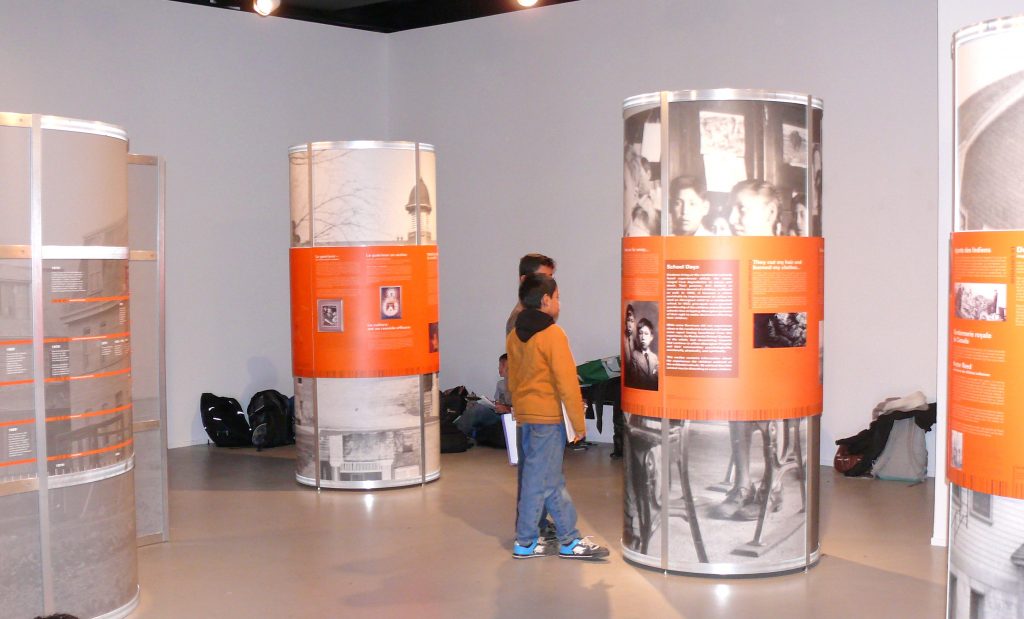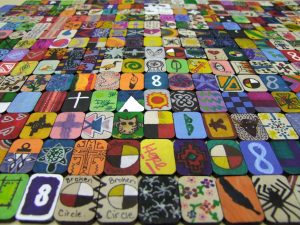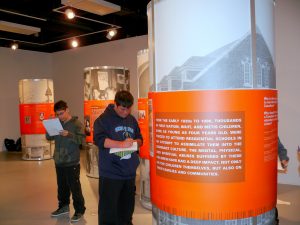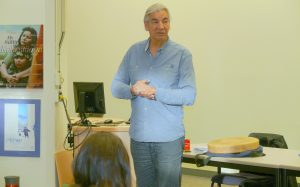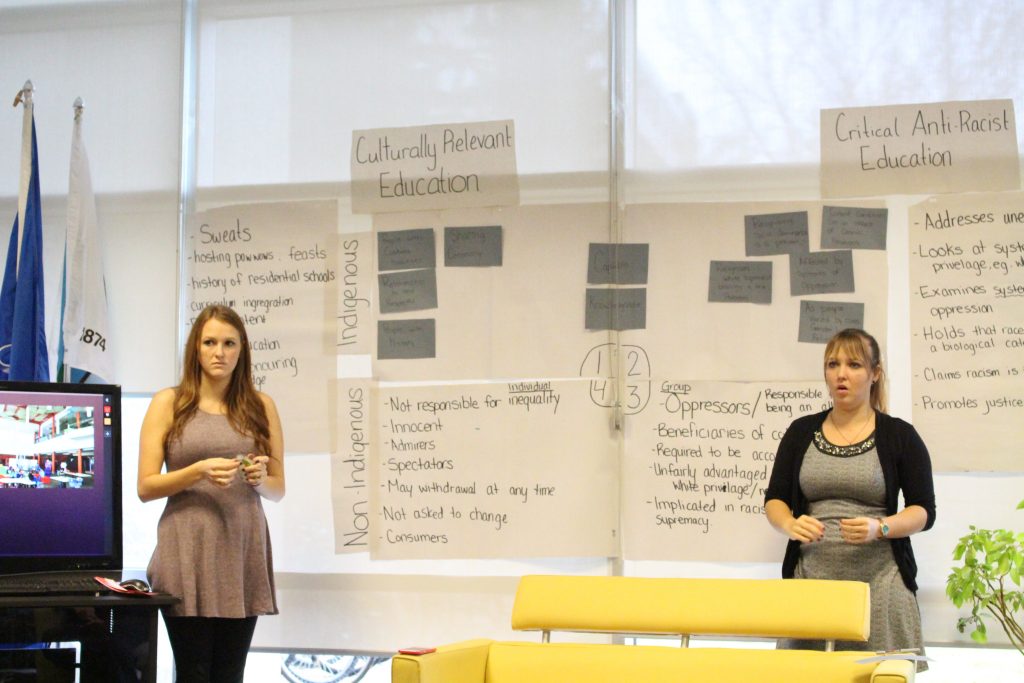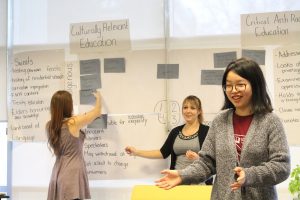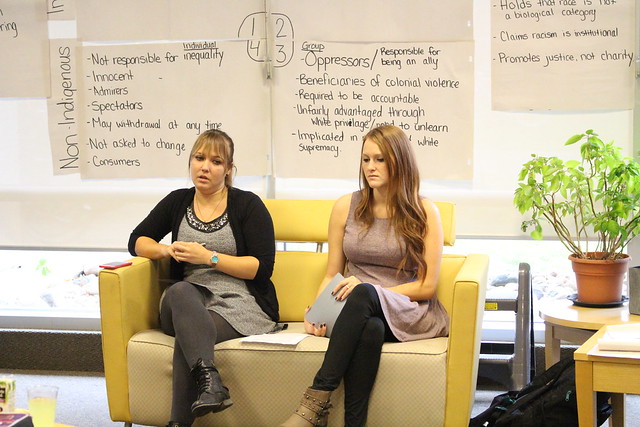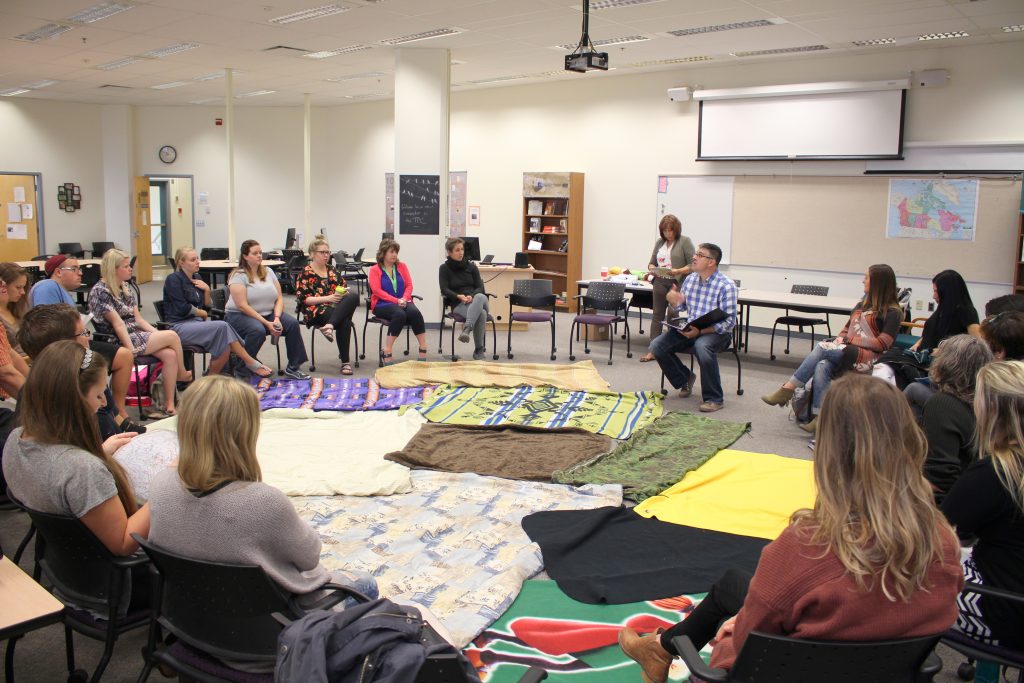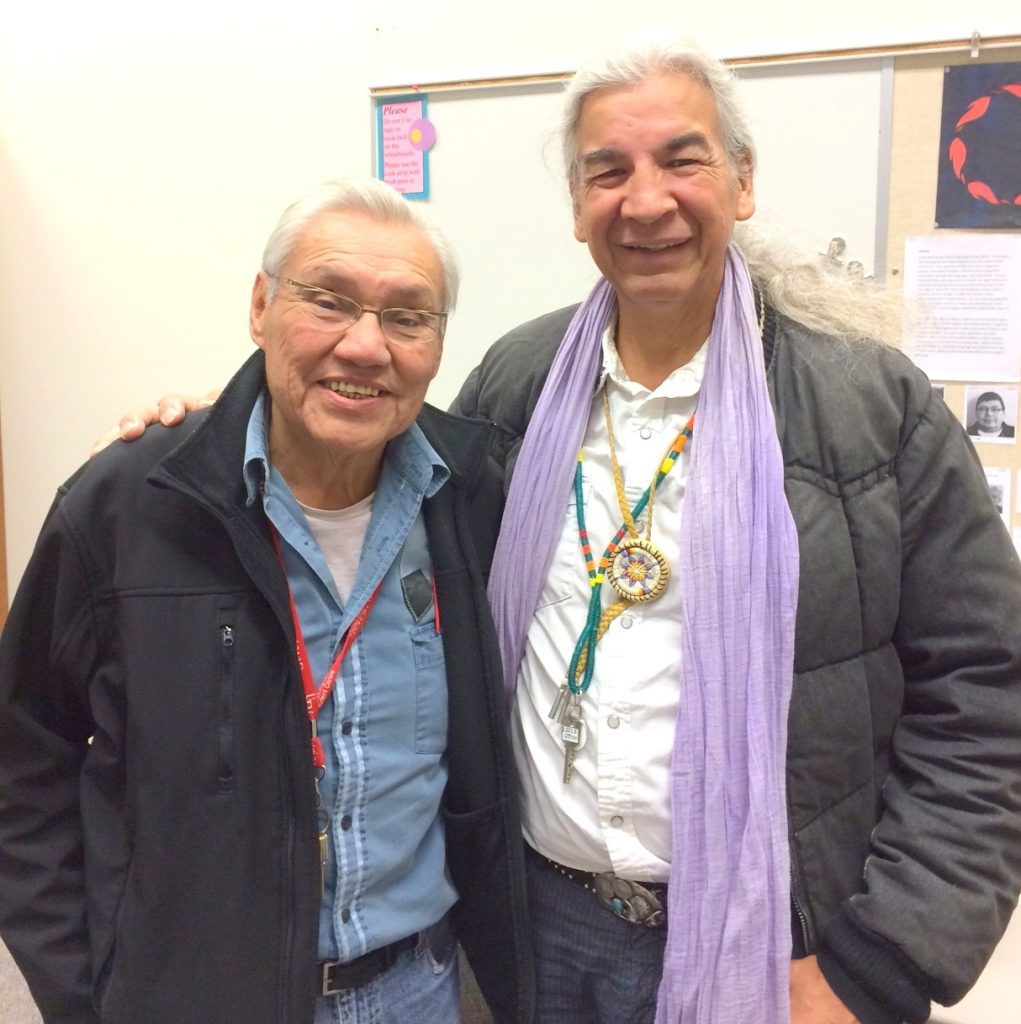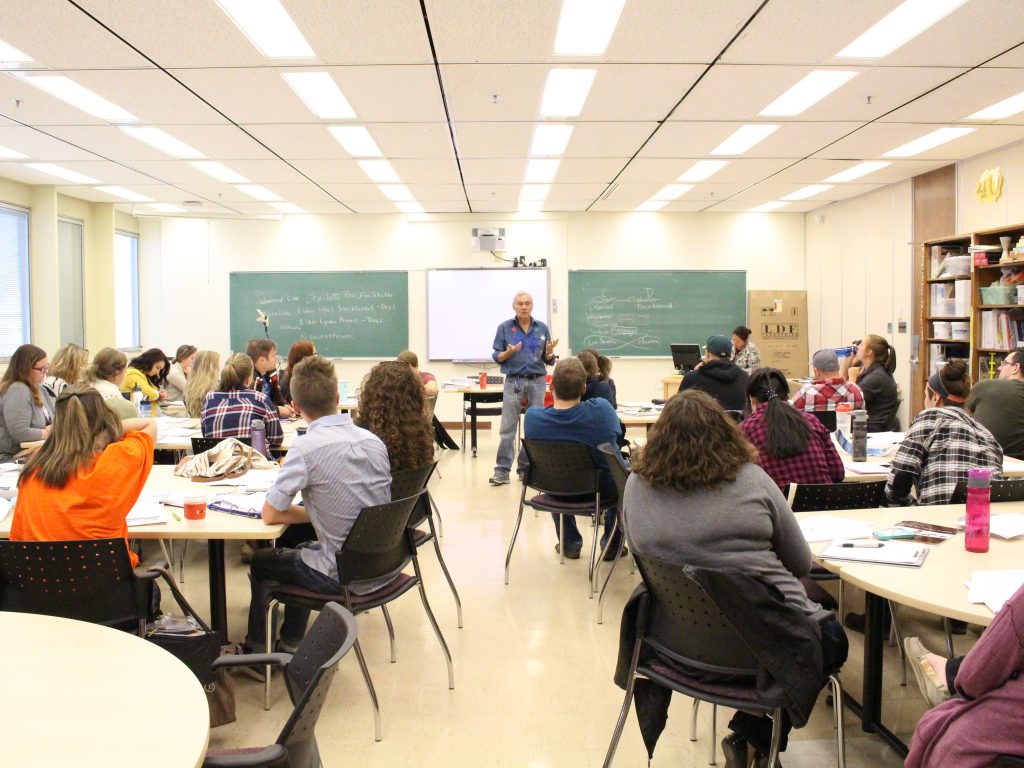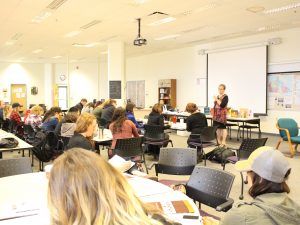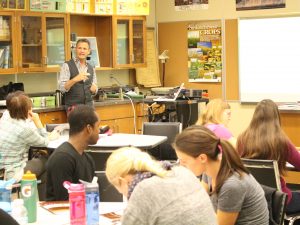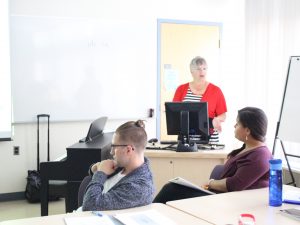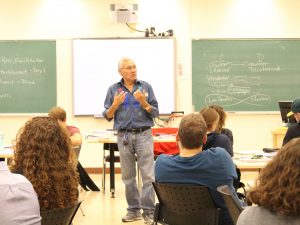University of Regina, First Nations University of Canada, Luther and Campion students, staff and faculty are invited to attend the following events:
1. Treaty Gathering
Friday October 16 – Sunday 18 October, 2015
This 3-day event is open to all peoples. In particular, I would like to invite Education students to attend the Youth Gathering on Friday October 16, 2015. The schedule of events includes:
Youth Forum:
Friday October 16, 2015 (5:00 p.m. – 9:00 p.m.) ED 191, Education Building
– This town hall gathering welcomes all people to engage in a dynamic discussion about what Treaties are, our Treaty responsibilities, and implementation plans. This gathering will inform discussions for the Open Forum on Saturday and Sunday. Dinner will be provided by the Faculty of Education, U of R.
Treaty Alliance Open Forum
Saturday October 17 – Sunday 18 October, 2015 (9:00 a.m. – 4:00 p.m.) Multi-purpose Room, FNUniv
– This town hall gathering welcomes all people to engage in a dynamic discussion about Treaty responsibilities and implementation plans.
2. UR Indigenization presents Buffalo Hide Tanning Workshop
Thursday 22 October – Saturday 24 October, 2015, Cultural Space behind First Nations University of Canada
This workshop will take place at the cultural space behind FNUniv from October 22-24, 2015 during the day. Participants are invited to stop by to learn more about this process. Lorne Kequahtooway will lead the group in tanning the buffalo hide. He will share his knowledge and expertise in this area.
3. UR Indigenization presents Senator Lillian Dyck
Wednesday October 28, 2015 7:00 p.m., RIC Auditorium, University of Regina
Senator Lillian Dyck will be on campus to offer a lecture entitled: Missing and Murdered Aboriginal Women and Girls: revealing the numbers game. All people are invited to attend this public lecture on October 28, 2015 (7:00 p.m.) in the RIC Auditorium.
4. #TreatyEDCamp
Saturday November 7, 2015, Teaching Preparation Centre, Education Building
This is a free personal and professional development event sponsored and organized by *STARS Regina. This is PD organized for teachers by teachers, with a particular focus on the implementation of Treaty Education in classrooms. Please see STARS Regina website
For all other questions please contact
Dr. Shauneen Pete
Associate Professor (Aboriginal Education)
Executive Lead: Indigenization
Faculty of Education
University of Regina
306-585-4518
shauneen.pete@uregina.ca
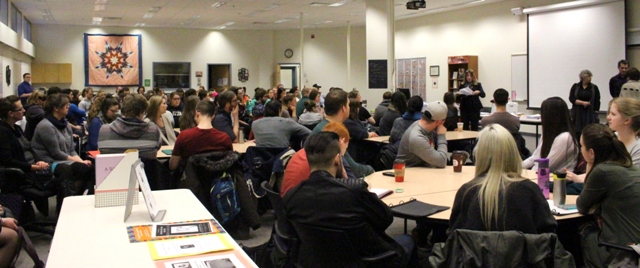 Winter 2016 Pre-Internship Treaty Workshop for secondary education students began today. It will be held over two days, January 13 and 14th. Students will be instructed by the Office of the Treaty Commissioner representatives on topics such as History of Treaty Making, First Nations Elder Teachings, the Indian Act, Treaty Kits and On-line Resources, Worldwide Activities, and Incorporating Themes and Topics into Units and Lessons.
Winter 2016 Pre-Internship Treaty Workshop for secondary education students began today. It will be held over two days, January 13 and 14th. Students will be instructed by the Office of the Treaty Commissioner representatives on topics such as History of Treaty Making, First Nations Elder Teachings, the Indian Act, Treaty Kits and On-line Resources, Worldwide Activities, and Incorporating Themes and Topics into Units and Lessons.